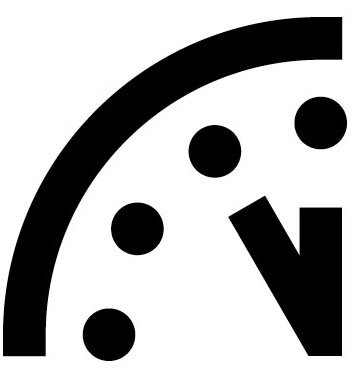Social policy is always a compromise between the ideal and the practical. Adding grading to NCEA is really just raising the bar for what is considered competent however it has symbolic value that can't be ignored. Standard based assessment has never been well accepted in schools, despite being accepted elsewhere, and various implementation errors have further compromised its position. Whether this latest compromise will be sufficient to avoid major reform is unclear but National's criticisms aren't a substitute for an alternative policy (remembering it was under Lockwood Smith that standard based assessment really got going).
I have a clear memory of School Certificate. An examination designed for a time where unskilled work was plentiful and sustainable, it is neither now. However, suggesting that a university education is the only pathway is ludicrous. Leaving school with no qualifications almost guarantees unemployment and an increasing number of jobs, in the Australian labour market at least, require a vocational qualification not a degree. Therefore, whatever system applies it must give students options that improve tertiary enrolments and completions as well as improving school-to-work transitions.
That said, most of NZ's future workforce is already employed and an increasing number of them are more than happy with standards-based assessment...
7 years ago

4 comments:
Isn't there a difference, though, between education and signalling? I mean, by all means, focus on enhancing the pedagogic process to make education a truly enriching experience. But a qualification, on the other hand, is about market signalling. It says to potential employers and others that this person has these kinds of experiences and has demonstrated some sort of learning. The thing that weirded me out about the whole NCEA thing was that it devalued the whole signalling element. If you're 16, what's the point working your guts out to get effectively the same "signalling" benefit of the most mediocre student. So, it seemed sensible to reintroduce some sort of gradated differential such as merit and distinction.
Fair points crass. I think the very reason why NCEA, or any assessment, is contentious is because it serves multiple purposes.
The signalling in NCEA was unequivocal, you were either competent or not. Merit and Excellence are just an elevation of the benchmark.
The old system ranked people and provided a weak signal not of absolute ability but of comparative ability... she's better than him and so on, but didn't actually tell you whether or not either person was competent as measured against a standard.
I'm actually not strongly in one camp or another, hence the comment about the inherent compromise in social policy. I think NCEA is a vast improvement on School Cert and provides meaningful information for employers - a point recently made by Business NZ and the CTU - what it doesn't do is tell you how good you are relative to someone else nor does it provide a device for saying how good you are (in absolute terms).
I think that the problem with NCEA is that it has been developed without any reference at all to curriculum development and what is actually being taught in the classroom. IMHO the development of assessment should go hand in hand with curriculum development.
Perhaps NZ should follow the american example of separating out competency in standards from university entrance examinations. Which is what the controversy is over - the sorting of who goes where after high school.
Of course a lot of the 'fuss' is being generated by a certain group of self-appointed 'elite' schools who have a very vested interest in keeping Cambridge.
Ex-expat, I agree that lots of the fuss is about the desire of some schools to preserve their status through examinations.
Post a Comment